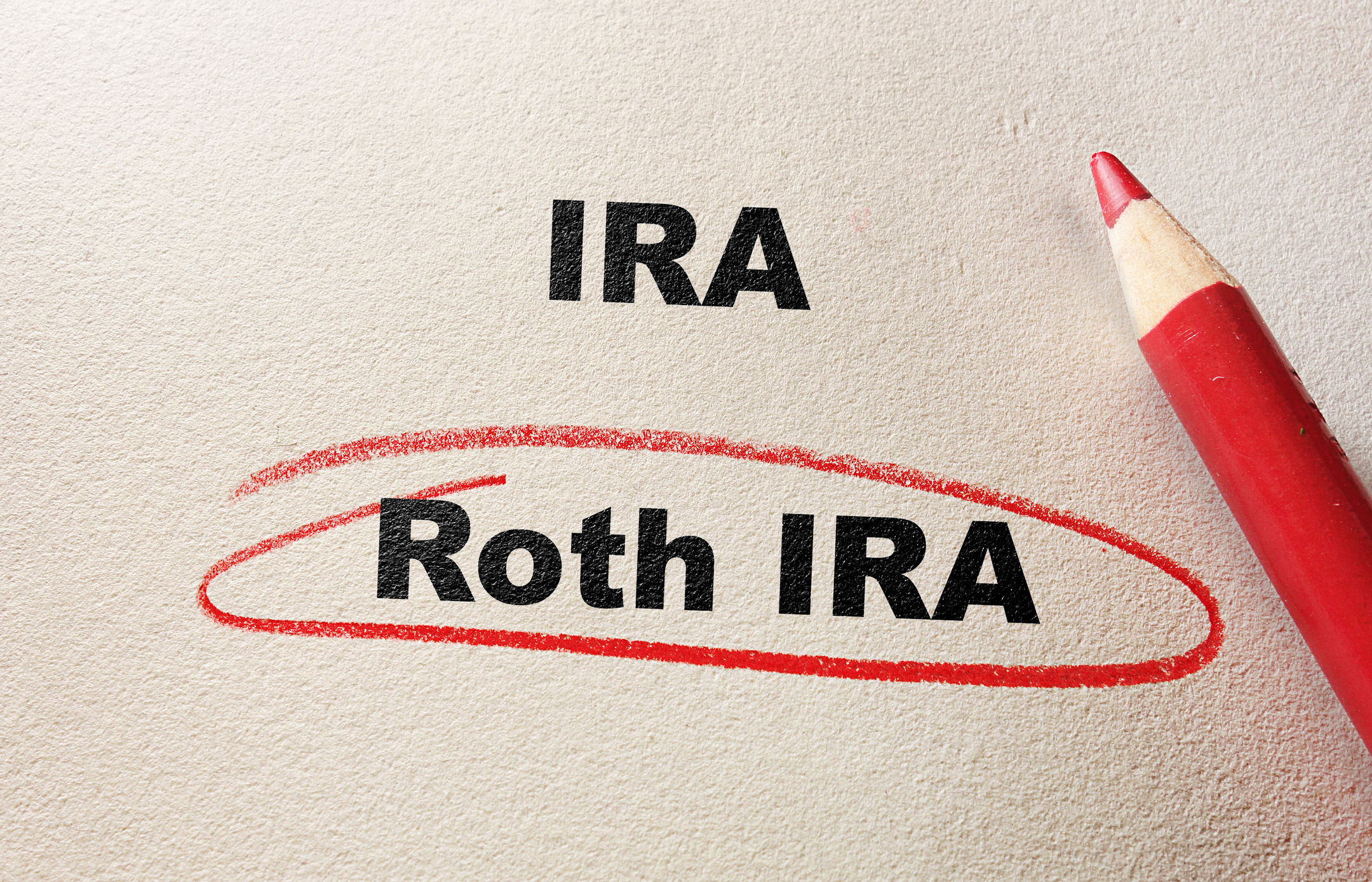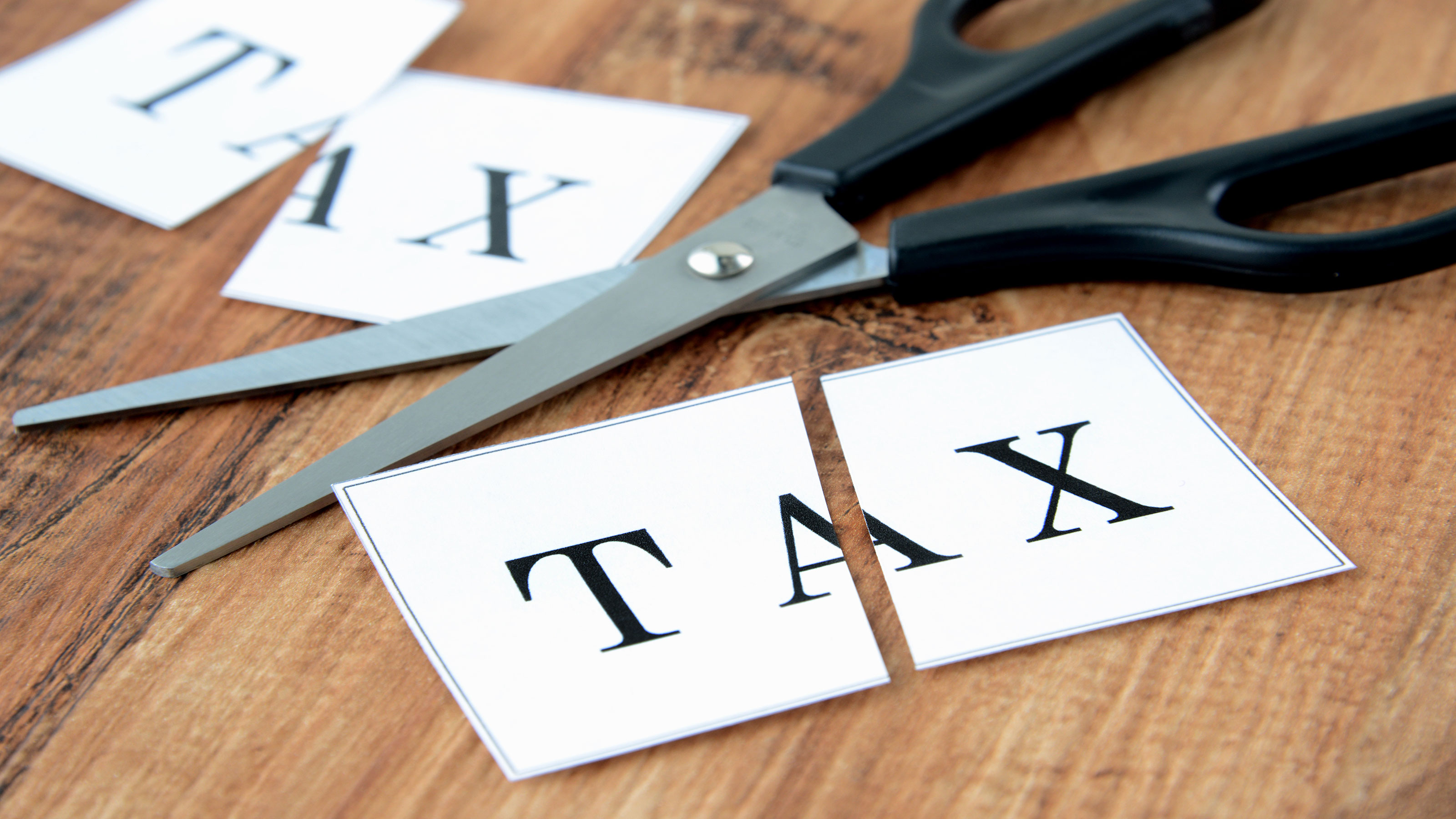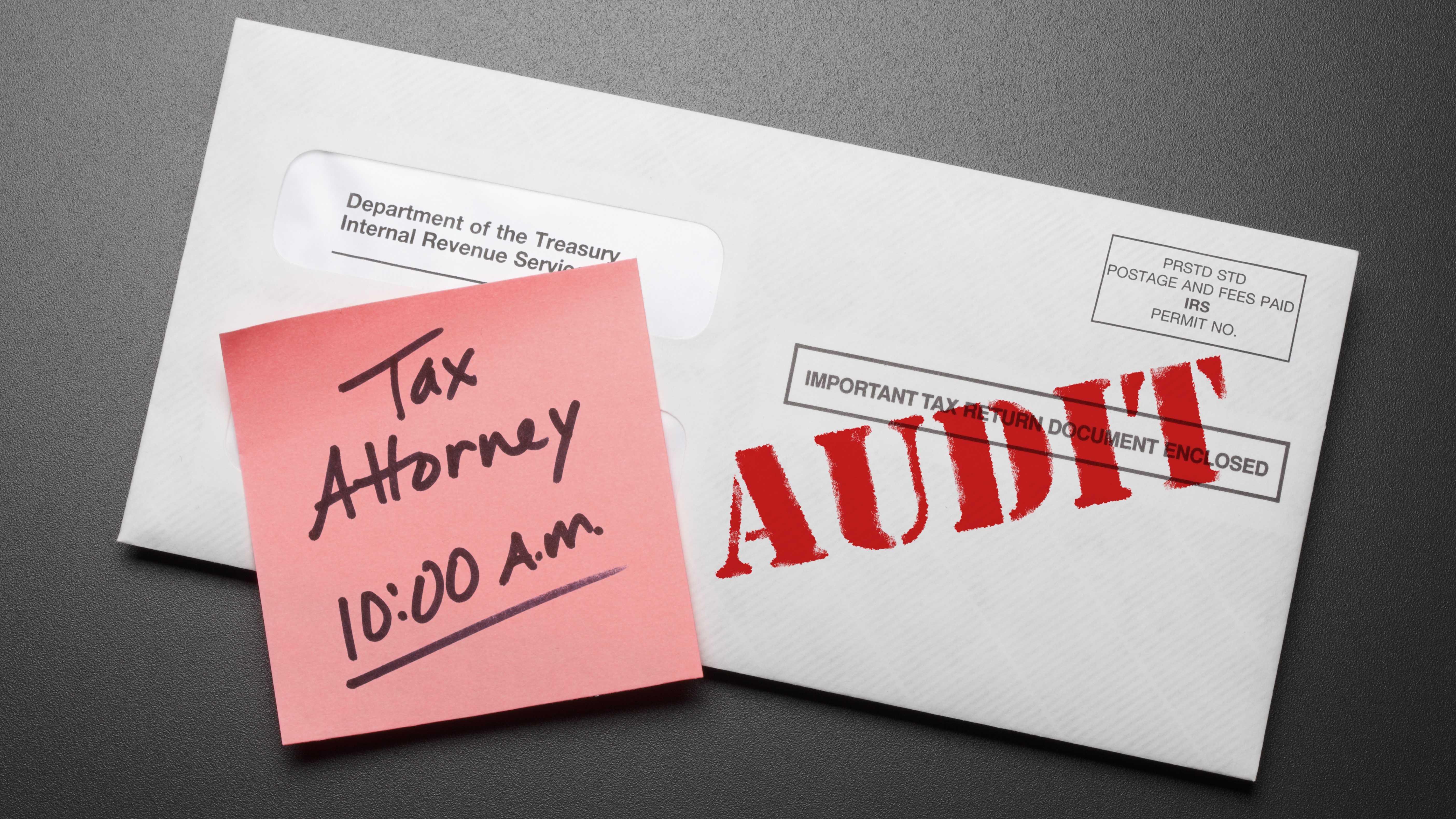Knowing How to Compute Tax Basis in Your Home Can Save You Money
Whether you're selling or buying a home, you'll want to know how to compute tax basis. It could save you on taxes when you sell.


Profit and prosper with the best of Kiplinger's advice on investing, taxes, retirement, personal finance and much more. Delivered daily. Enter your email in the box and click Sign Me Up.
You are now subscribed
Your newsletter sign-up was successful
Want to add more newsletters?

Delivered daily
Kiplinger Today
Profit and prosper with the best of Kiplinger's advice on investing, taxes, retirement, personal finance and much more delivered daily. Smart money moves start here.

Sent five days a week
Kiplinger A Step Ahead
Get practical help to make better financial decisions in your everyday life, from spending to savings on top deals.

Delivered daily
Kiplinger Closing Bell
Get today's biggest financial and investing headlines delivered to your inbox every day the U.S. stock market is open.

Sent twice a week
Kiplinger Adviser Intel
Financial pros across the country share best practices and fresh tactics to preserve and grow your wealth.

Delivered weekly
Kiplinger Tax Tips
Trim your federal and state tax bills with practical tax-planning and tax-cutting strategies.

Sent twice a week
Kiplinger Retirement Tips
Your twice-a-week guide to planning and enjoying a financially secure and richly rewarding retirement

Sent bimonthly.
Kiplinger Adviser Angle
Insights for advisers, wealth managers and other financial professionals.

Sent twice a week
Kiplinger Investing Weekly
Your twice-a-week roundup of promising stocks, funds, companies and industries you should consider, ones you should avoid, and why.

Sent weekly for six weeks
Kiplinger Invest for Retirement
Your step-by-step six-part series on how to invest for retirement, from devising a successful strategy to exactly which investments to choose.
Getting the right tax advice and tips is vital in the complex tax world we live in. The Kiplinger Tax Letter helps you stay right on the money with the latest news and forecasts, with insight from our highly experienced team (Get a free issue of The Kiplinger Tax Letter or subscribe). You can only get the full array of advice by subscribing to the Tax Letter, but we will regularly feature snippets from it online, and here is one of those samples…
Spring is a popular time for selling a home. Knowing how to calculate tax basis is vital. It can help reduce your gain when you sell. And learning the rules even before you buy a home will make the process of figuring out taxes much easier when you do decide to eventually sell your place.
Lots of home sale profit isn’t even taxed. That’s because of the home sale exclusion. If you have owned and lived in your primary home for at least two out of the five years before the sale date, up to $250,000 of the gain — $500,000 for joint filers — is tax-free. Gain in excess of these amounts is taxed at long-term capital gains rates. Many homeowners won’t crack the $250,000/$500,000 gain exclusion limits. But those living in pricey areas, or who’ve owned their homes a long time, may. If you’re in this boat, you should know what counts toward your home basis so you don’t pay more tax than necessary.
From just $107.88 $24.99 for Kiplinger Personal Finance
Become a smarter, better informed investor. Subscribe from just $107.88 $24.99, plus get up to 4 Special Issues

Sign up for Kiplinger’s Free Newsletters
Profit and prosper with the best of expert advice on investing, taxes, retirement, personal finance and more - straight to your e-mail.
Profit and prosper with the best of expert advice - straight to your e-mail.
In calculating gain or loss from a home sale, start with the selling price and subtract selling expenses and the adjusted tax basis of the home. As you can see, the higher the tax basis, the lower the gain from the sale. Figuring out the tax basis starts out easy. Begin with what you paid for the home, including the mortgage if you financed the purchase, and add in certain settlement fees. Tracking these costs is simple if you kept your settlement sheet from the purchase.
Your home’s tax basis doesn’t stay static over the years that you own it. Here are common adjustments to tax basis:
- Additions and improvements: The cost of additions made to your home and improvements that add to its value, prolong its useful life, or adapt it to new uses will increase your home’s basis. Examples of big-ticket items include adding a room, installing new air-conditioning, renovating a kitchen, finishing a basement, or putting in new landscaping or a pool. Smaller-ticket capital improvements also hike basis. These include new doors and windows, duct and furnace work, built-in appliances, water heaters and more. Repairs, maintenance and improvements that are necessary to keep your residence in good condition but don’t add value or prolong its life generally don’t hike tax basis.
- Eco-friendly upgrades: If you are putting in energy-saving improvements that qualify for tax credits or subsidies, you must first reduce the cost of the system by the tax credit or subsidy that you received before increasing your home’s tax basis.
- Prior depreciation write-offs: You must reduce the tax basis in your home by any depreciation deductions you were eligible for if you used a room or other space exclusively or regularly for business or if you rented out your home in the past.
Homeowners who keep good records will find it easier to calculate tax basis. It’s best to keep all your major home improvement receipts and invoices in one folder. If you didn’t keep these records, estimate the costs by looking at old bank statements, or call the company that originally did the remodeling or put in the upgrade.
This first appeared in The Kiplinger Tax Letter. It helps you navigate the complex world of tax by keeping you up-to-date on new and pending changes in tax laws, providing tips to lower your business and personal taxes, and forecasting what the White House and Congress might do with taxes. Get a free issue of The Kiplinger Tax Letter or subscribe.
Related stories
Profit and prosper with the best of Kiplinger's advice on investing, taxes, retirement, personal finance and much more. Delivered daily. Enter your email in the box and click Sign Me Up.

Joy is an experienced CPA and tax attorney with an L.L.M. in Taxation from New York University School of Law. After many years working for big law and accounting firms, Joy saw the light and now puts her education, legal experience and in-depth knowledge of federal tax law to use writing for Kiplinger. She writes and edits The Kiplinger Tax Letter and contributes federal tax and retirement stories to kiplinger.com and Kiplinger’s Retirement Report. Her articles have been picked up by the Washington Post and other media outlets. Joy has also appeared as a tax expert in newspapers, on television and on radio discussing federal tax developments.
-
 Quiz: Do You Know How to Avoid the "Medigap Trap?"
Quiz: Do You Know How to Avoid the "Medigap Trap?"Quiz Test your basic knowledge of the "Medigap Trap" in our quick quiz.
-
 5 Top Tax-Efficient Mutual Funds for Smarter Investing
5 Top Tax-Efficient Mutual Funds for Smarter InvestingMutual funds are many things, but "tax-friendly" usually isn't one of them. These are the exceptions.
-
 AI Sparks Existential Crisis for Software Stocks
AI Sparks Existential Crisis for Software StocksThe Kiplinger Letter Fears that SaaS subscription software could be rendered obsolete by artificial intelligence make investors jittery.
-
 Tax Rule Change Could See Millions Lose Health Insurance
Tax Rule Change Could See Millions Lose Health InsuranceThe Kiplinger Tax Letter If current rules for the health premium tax credit (PTC), a popular Obamacare subsidy, aren't extended, 3.7 million people could lose their health insurance.
-
 The IRS is in Chaos
The IRS is in ChaosThe Tax Letter DOGE, departures, data agreements and more are creating havoc at the IRS.
-
 Should You Do A Roth IRA Conversion? Nine Things to Consider
Should You Do A Roth IRA Conversion? Nine Things to ConsiderThe Tax Letter Thinking of converting a traditional IRA to a Roth IRA? The Kiplinger Tax Letter Editor highlights nine factors you should consider before making a move.
-
 Expiring Business Tax Breaks And Trump's Tax Plan
Expiring Business Tax Breaks And Trump's Tax PlanThe Tax Letter Four important business tax breaks are likely to be a part of President Trump's tax plan. We'll break them down for you.
-
 AMT and Pass-Throughs Add Complex Layers to 2025 SALT Tax Planning
AMT and Pass-Throughs Add Complex Layers to 2025 SALT Tax PlanningThe Tax Letter The state and local tax (SALT) deduction is a key sticking point in President Trump's tax plan.
-
 Popular Tax Breaks Are in Danger
Popular Tax Breaks Are in DangerThe Tax Letter A number of tax breaks, including the home mortgage interest deduction, are in peril as lawmakers hunt for revenues to pay for the President's tax plan.
-
 Six Hurdles for Trump's Tax Bill
Six Hurdles for Trump's Tax BillThe Tax Letter While the odds for a new tax bill in 2025 are quite good, there are some sticking points that President Trump and Congress will have to work through.
-
 The IRS is Pursuing Partnerships and Their Owners
The IRS is Pursuing Partnerships and Their OwnersThe Tax Letter The IRS has many enforcement priorities, and partnership tax noncompliance is near the top of that list.